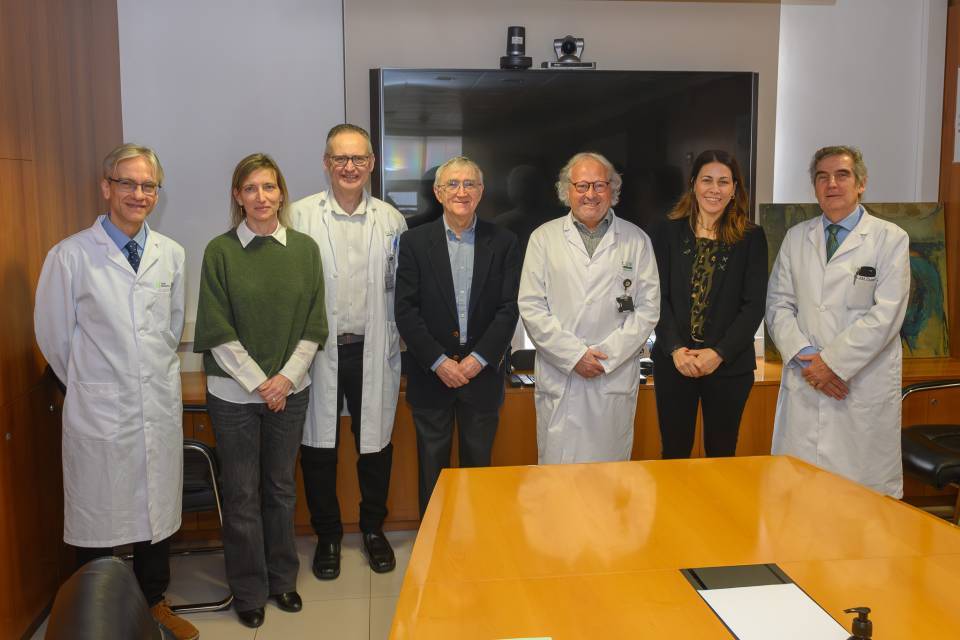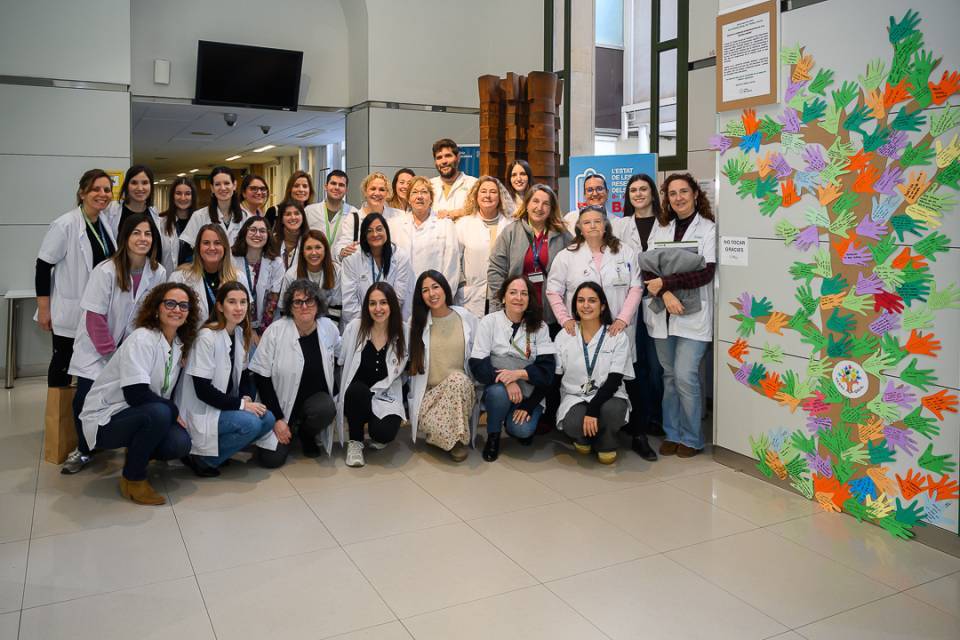Therapeutic patient education is an important component in the management of chronic migraine. This was demonstrated in a recent study at the Hospital Clínic Barcelona, where the impact of this type of therapy in patients with chronic migraine has been evaluated. Not only does it provide information, but it also empowers patients with practical skills to effectively manage their condition, demonstrating significant benefits in its management.
The World Health Organization (WHO) defines therapeutic patient education as an ongoing process that seeks to empower patients and their families to improve the management of their condition, prevent complications and improve quality of life. In previous studies, therapeutic patient education was shown to be a beneficial mechanism in the management of chronic diseases such as diabetes. In this latest study, carried out by the Headaches and Facial Pain group at the Clínic, its impact was observed in the management of migraine, a disease prevalent in 12% of the global population.
This study assessed the impact of a therapeutic education programme for patients with chronic migraine and was carried out between February and July 2023. It included 40 patients with more than 15 headache days per month, which had a major impact on their quality of life. The results showed a significant impact on multiple aspects of the disease. Headache days were reduced by an average of four days, and migraine days by an average of two days, a month. A significant improvement in quality of life was also observed, as measured by specific questionnaires, and a reduction in the impact of the disease. “Reducing the frequency, duration and intensity of migraine not only improves the patient’s perception, but also reduces the need for acute pharmacological treatments, as has been observed in other studies”, says Dr. Neus Fabregat, head of the Headaches and Facial Pain group at the Clínic. In addition, the study also assessed patient satisfaction with the programme, indicating that 97.5% of the participants would recommend the sessions to others.
This multidisciplinary programme, which involved professionals specializing in neurology, psychology and advanced practice nursing (APN) for headaches, was structured in four 1.5-hour group sessions and addressed topics such as knowledge of the pathology, the identification of triggers and the adoption of proper dietary and general health measures. “Advanced practice nurses specializing in headaches are a facilitating element in a multidisciplinary team, since they are responsible for the implementation of these programmes”, explains Teresa Marco, APN specializing in headaches at the Clínic.
The importance of the figure of the Advanced Practice Nurse
The figure of the Advanced Practice Nurse (APN) is crucial in the context of therapeutic patient education for chronic migraine. APNs are responsible for the implementation and coordination of these programmes, acting as a link between the multidisciplinary team and the patients. Their role includes not only education and psychosocial support, but also the personalization of care to suit the individual needs of each patient. This personalization is fundamental to the success of the treatment, as it allows for tailoring educational and therapeutic strategies to each person’s specific circumstances. Moreover, APNs play an important role in monitoring and evaluating the patient’s progress, ensuring continuous and high quality care.
This specialized nursing position has existed at the Clínic Barcelona for over six years. At present, there are more than 65 APNs at the centre. Specialization, advanced training and experience are considered fundamental for the development and implementation of these roles, which are key to improving care and ensuring its continuity.




